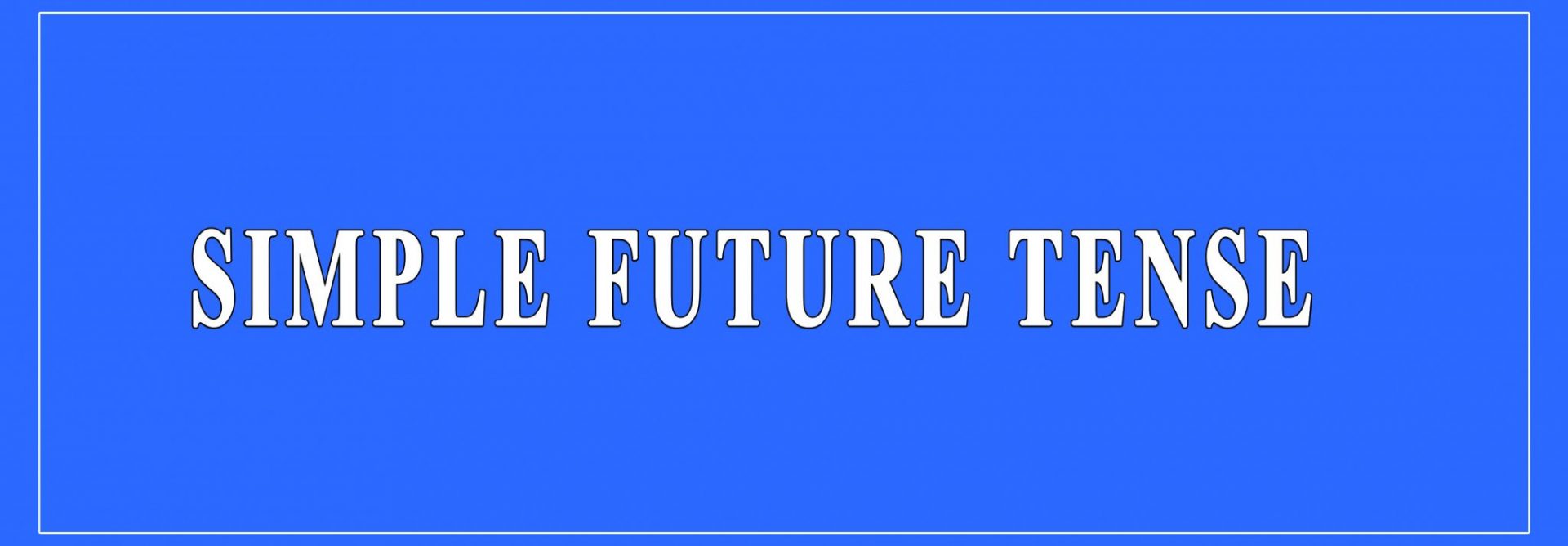The Simple Future Tense is used for an action that will occur in the future.
Or the Simple Future Tense is used for promises, unplanned actions, and predictions that will occur in the future.

Sentence Structure
Positive: (Subject + will/ shall + 1st form of verb + Object)
- I will buy a computer tomorrow.
Negative: (Subject + will/shall + not + 1st from of verb + Object)
- I will not buy a computer tomorrow.
Interrogative: (Will/ shall + Subject + 1st from of verb + Object + ?)
- Will I buy a computer tomorrow?
Note:
Shall is used with first person pronouns (I and we) to form the simple future tense, while will is used with second and third person forms (you, he, she, it, they).
- I shall be late.
- They will not have enough food.
More uses of simple future tense
“Will” to express a voluntary Action
We also use “will” when speaker will do something voluntarily or when we request that someone help us or volunteer to do something for us. Similarly, we use “will not” or “won’t” when we refuse to voluntarily do something.
- I will translate the email, so Mr. Smith can read it.
- Will you make dinner?
- I will not do your homework for you.
“Will” to Express a Promise
“Will” is usually used in promises.
- I will call you when I arrive.
- I promise I will not tell him about the surprise party.
“Be going to” to Express a Plan
“Be going to” expresses that something is a plan. It expresses the idea that a person intends to do something in the future. It does not matter whether the plan is realistic or not.
- He is going to spend his vacation in Hawaii.
- She is not going to spend her vacation in Hawaii.
- A: When are we going to meet each other tonight?
- B: We are going to meet at 6 PM.
“Will” or “Be Going to” to Express a Prediction
Both “will” and “be going to” can express the idea of a general prediction about the future. Predictions are guesses about what might happen in the future. In “prediction” sentences, the subject usually has little control over the future, In the following examples, there is no difference in meaning.
- John Smith will be the next President.
- John Smith is going to be the next President.
No Future in Time Clauses
Like all future forms, the Simple Future cannot be used in clauses beginning with time expressions such as: when, while, before, after, by the time, as soon as, if, unless, etc. Instead of Simple Future Tense, Simple Present is used.
- When you will arrive tonight, we will go out for dinner. Not Correct
- When you arrive tonight, we will go out for dinner. Correct

